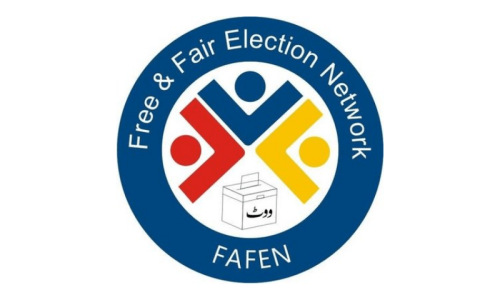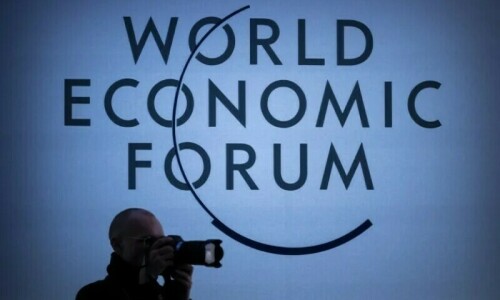LONDON: The World Cup in South Africa, climate change, the credit crunch and technology have all left their mark on the way we talk, the new edition of the Oxford Dictionary of English reveals, as the latest crop of new words to be added to its pages is published on Thursday.
Football fans will perhaps be unsurprised to learn that the vuvuzela has blared its way into the dictionary's pages. By being ushered into the dictionary, which is based on how language is really used, the metre-long plastic horn has cemented its immortality as well as its ubiquity.
Climate change, an issue only marginally less controversial than soccer refereeing, has also made its mark. Even the most ardent sceptics will no longer be able to deny the existence of “carbon capture and storage” - the process of trapping and storing carbon dioxide produced by burning fossil fuels - or “geo-engineering”, better known as the manipulation of environmental processes to counteract the effects of global warming. The new words appear on Thursday in the third edition of the single volume dictionary, which was first published in 1998.
Two of the buzzwords of this economically squeezed epoch also figure: toxic debt, used to describe a debt that has a high default risk, and the rather less snappy quantitative easing: the introduction of new money into the national supply by a central bank. The virtual world, as ever, proffers plenty of its own jargon. The new edition has finally cottoned on to social media and microblogging. Slightly less quotidian is the phrase “dictionary attack”, which describes an attempt to gain illicit access to a computer system by using an enormous set of words to generate potential passwords.
The new edition also dusts off and polishes a couple of terms — staycation (a holiday spent in one's home country), national treasure (someone or something regarded as emblematic of a nation's cultural heritage) — that feel as though they have been in common usage for some while. To balance them out among the 2,000 or so new items there are a few more left-field choices.
Among them are cheeseball, which refers to someone or something lacking taste, style or originality, and the more disturbing phenomenon of hikikomori, the Japanese word for the acute social withdrawal that occurs in some teenage boys.











































Dear visitor, the comments section is undergoing an overhaul and will return soon.